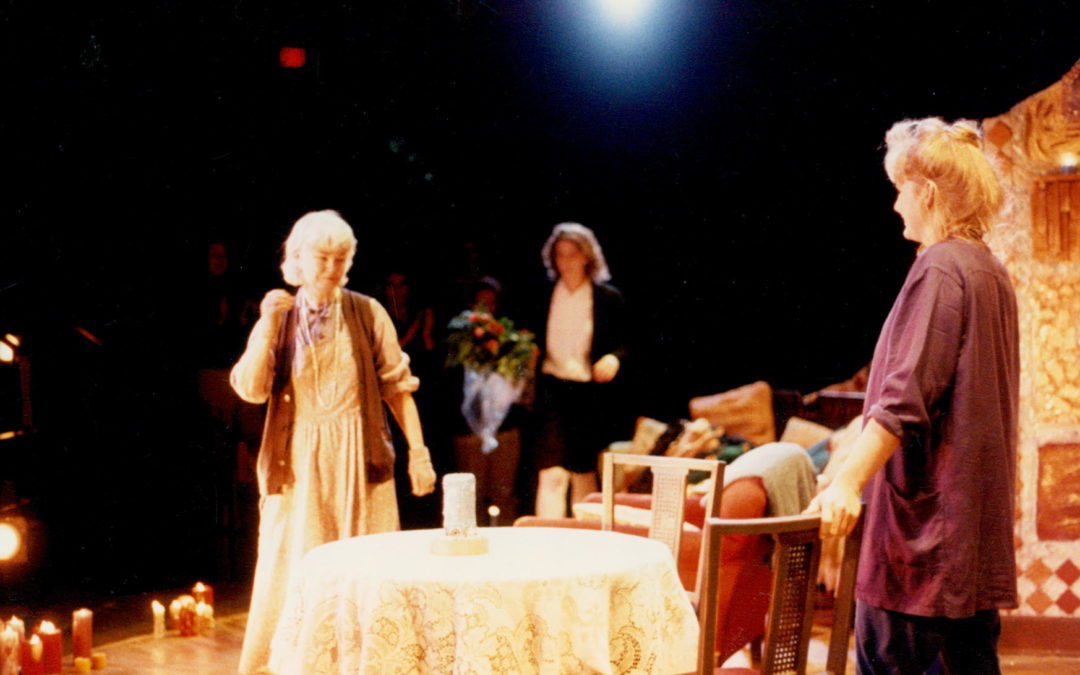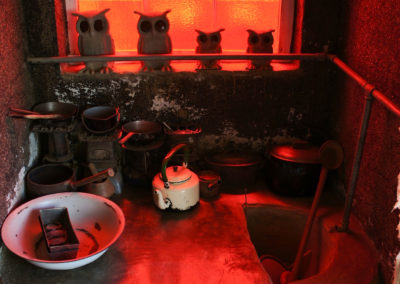Recently I had a stimulating conversation with a young man in Croatia. He longed to travel and meet new people, yet felt he would never have the means to go far from his motherland. I countered his belief and spoke of how I have built internal friendships with nations and individuals I have never had the means to visit.
One of the nations I hold close to my mind is South Africa. Yet, for over four decades, I refused to imagine traveling to this nation due to Apartheid. Although I was aware of how Black South Africans often drew inspiration from African American progress in the U.S., I would not have been able to bring my own son since he would have been labeled Coloured and not allowed in my presence. So, instead, I followed the global antiapartheid struggle, animated by international human rights norms, of Martin Luther King Jr., his fellow Nobel Peace Prize winner, the South African leader Albert Luthuli, and the African American tennis star Arthur Ashe.
During this time, I earned my MFA in Acting and became dear friends with a professor, a grand Dame from South Africa who had a conflicting history with her homeland. Professor Sybil Robinson’s friendship was earned through the willingness of both of us to be honest, respectful, and curious. It became a deep and everlasting love, even after she died in 2016.
Professor Robinson’s husband, John Talbot Robinson (1923–2001), was a distinguished South African hominin paleontologist whose essential work was the famous discovery of the nearly complete fossil skull of the hominin species Australopithecus africanus, known as Mistress Ples. Despite the accolades, many Afrikaners (descendants from the Dutch and Huguenot settlers of the 17th century) were uncomfortable with the discovery due to their religious views. Afrikaners believe that they are called to spread the Christian faith in Africa. The influence of their Christian-national beliefs figured intensely in government and schools. They constantly fought against modernism, science, modernity, and Apartheid. As a result, in 1963, John and Sybil Robinson left South Africa with their sons to teach evolutionary theory, human origins, zoology, and anthropology classes at the University of Wisconsin. Dame Sybil Robinson became a Professor of Theatre and Drama at the University. Yet, she still believed in Apartheid.
True friendships occur when boundaries are crossed and questioned in mutual trust. For example, Dame Sybil knew that my son was Black and that I had a very different background than hers. She knew my parents and their unconventional choices to teach in Black universities and live in segregated parts of America. She was intimate with my long and painful custody battle in Texas with a judge who didn’t believe a White mother had rights to a Black child. Still, for 40 years of our shared lives, Sybil would offer me scholarly arguments supporting Apartheid. She shared stories of growing up in South Africa with their Black servants, including the House Servant, a tribal chief. We discussed it over high tea, between performances, and on long trips to Chicago to visit museums and see plays. After I gained custody, she adored my son and honored me by sharing the stage with me at my theater and many others. Her highest compliment was to ask me to perform with her in her final performance on a big stage. It was The Road to Mecca by Athol Fugard.
Athol Fugard (born 11 June 1932) is a South African playwright, novelist, actor, and director widely regarded as South Africa’s greatest playwright. He is best known for his political and powerful plays opposing the system of Apartheid. The Road to Mecca is his personal play, and South Africa, which only allowed plays to be staged for ‘Whites Only,’ censored it and prohibited its production. As a result, it could only be performed abroad. 1991 Dame Sybil Robinson chose it as her final production upon retirement. And she chose me to play her young best friend from Cape Town without an audition. Our circle had closed.
Set in 1974 during South Africa’s apartheid period, “The Road to Mecca” explores the world of Miss Helen as she faces artistic censorship and the loss of her independence. Athol Fugard based this award-winning play on the story of artist Helen Martins, who filled her property with mystical statues and sculptures and broke the racial taboos by having Black friends and fellow artists. The three characters in the play bring life to Helen’s struggles as she faces the loss of her own personal Mecca.
However, it is ultimately about the friendship and freedom between an aging artist and a young female teacher amidst prejudice, fear, religion, racism, and a demand for conformity. Dame Sybil Robinson played the senior artist, and I played Eliza, the young friend.
In 1991, each country had a maximum of 1 Internet user per 100 people, and only one website existed. So very few people outside the tiny village of Nieu-Bethesda in the Eastern Cape of South Africa even knew about The Owl House or Helen Martins. As a result, the Owl House Foundation was not formed in 1996. Now, thanks to the human will to change; The Owl House has a beautiful website full of history, photographs, and 300 sculptures designed and created by Helen Martin and her close friend, Koos Malgas, a Black South African who built many of her designs.
At 78, crippled by arthritis and losing her vision, Helen took her own life by drinking a mixture containing caustic soda.
Her fear of being separated from her beloved Owl House was so great that she would rather end her life than be removed to live elsewhere. Miss Helen was rushed to a hospital in Graaff-Reinet, where she died three days later, on August 8, 1976.
Sybil’s signature response when asked, “How are you?” was always “Hopeful,” as should anyone who treasures beauty, art, and love. She taught me how to cherish her homeland, friendships, and hope.
Great writers allow you to embrace a foreign culture without stepping on their land. South Africa’s authors held my hand throughout my life. I am indebted to Peter Abrahams‘s courageous novels, Alan Stewart Paton’s Cry the Beloved Country, Herman Charles Bosman‘s satirical short stories, Andre Brink’s Dry White Sea, Bessie Head‘s novels of the everyday life of ordinary people and their role in African political struggles, Breyten Breytenbach‘s harrowing The True Confessions of an Albino Terrorist, Zakes Mda‘s The Heart of Redness, J. M. Coetzee‘s brilliant meditations on our dark hearts, and of course, Nadine Gordimer.
As a parent, I wanted my son to stretch his wings and live and travel worldwide. So he met up with Ronald Suresh Roberts on a visit to South Africa. But, unfortunately, Roberts’s biography of Nadine Gordimer, No Cold Kitchen, became an instant controversy in South Africa. Accolades abounded, but Gordinmer was furious, and the author-biographer relationship ran aground in a drama as climatic as any to come out of post-apartheid South Africa. Moreover, she was upset that Roberts had revealed fabricated vital elements in an autobiographical essay published in The New Yorker in 1954 and offered a critical eye at her actual politics and relationships. My son brought me the book with a signed note by Roberts and an invitation to write him. We exchanged lengthy emails discussing South Africa, proving that you can travel to faraway places within your mind. Ever since, I have met delightful South Africans, each giving me an understanding of their homeland.
While I was writing this, a young monk in Cambodia was messaging me back and forth. He is an intelligent man who aches for education and yearns to learn more about the world. Unfortunately, I cannot assist him with schooling, but I offer the same encouragement as the young Croatian friend who triggered this discussion and longed to travel and feel the world.
Befriend the world in your mind. Feed on books, films, art, stories, history, folklore, and street conversations. If you do not have libraries, you can find free literature and movies online via your phone. It doesn’t have to cost you money; it only costs your attention.














